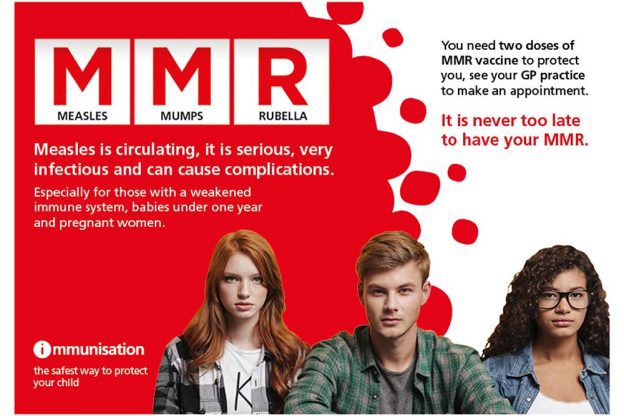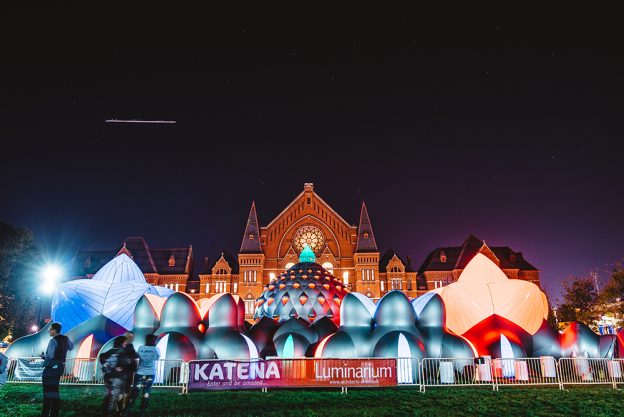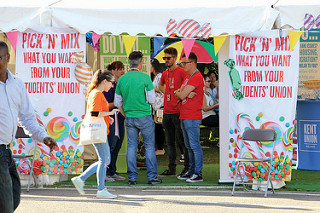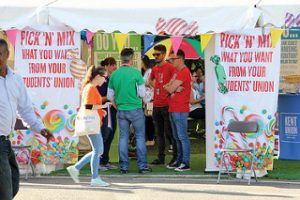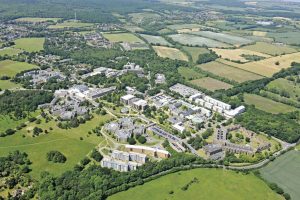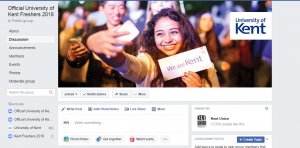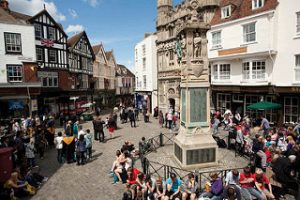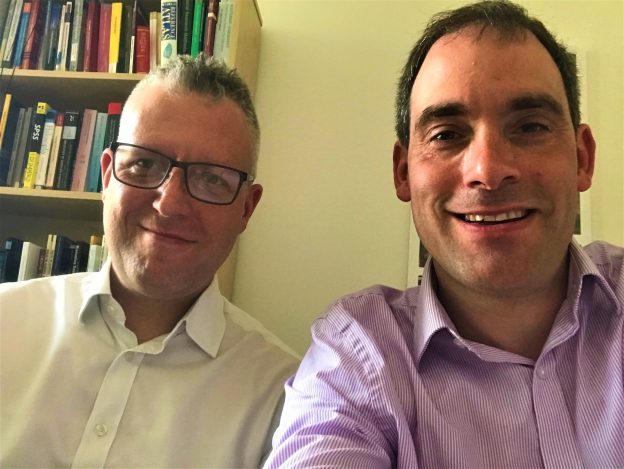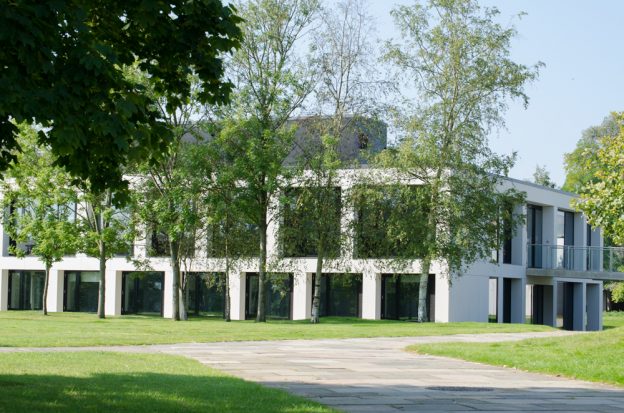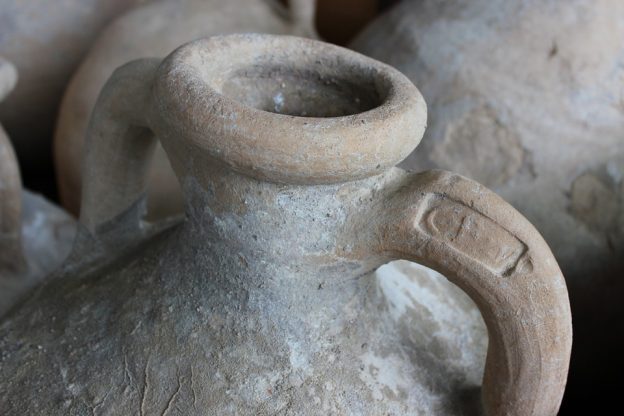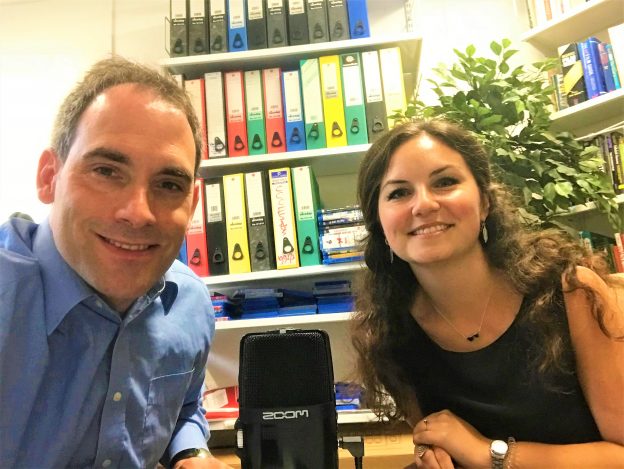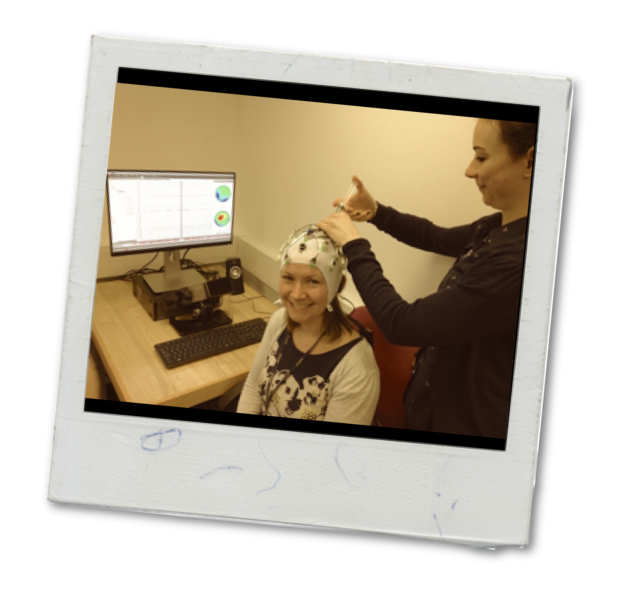Make sure you’re up-to-date with your measles, mumps and rubella (MMR) and MenACWY vaccines. And if you’re not, book in with your GP Surgery to get the vaccines before you come/return to campus.
University campuses are the perfect environment for measles and meningococcal diseases to spread.
Make sure you register with the local GP surgery and look out for symptoms of measles and meningitis.
Facts about measles:
- Measles is circulating in England and in Europe, particularly among 15 -25 year olds.
- Measles is very infectious, it can cause serious complications and, in rare cases, can be fatal.
- Measles can be more severe in young people and adults, often leading to hospital admissions.
- Measles starts with cold-like symptoms and sore red eyes followed by a high temperature and a red-brown blotchy rash. If you experience these symptoms, call NHS 111.
- The best way to protect yourself against measles is have two doses of the MMR vaccine. It is never too late to get the vaccine. There are no risks to your health if you get an extra dose.
- Young people are strongly advised to check if they had the MMR vaccine. Check if you have had two doses of the vaccine with your GP and arrange a catch up NOW if necessary.
- If you suspect you have measles stay away from others for at least four days after the rash has appeared.
- Call NHS 111 if you think you might have measles or have been in contact with someone who has had it.
Facts about meningococcal disease:
- Meningitis and septicaemia can develop suddenly and can kill or leave people with life changing disabilities and health problems.
- There has been a rapid increase in MenW, a type of meningococcal disease in recent years in the UK.
- This recent MenW strain has been particularly serious and can be difficult to diagnose because it has been associated with symptoms less frequently seen with meningococcal disease, such as severe diarrhoea and vomiting.
- Symptoms of meningitis and septicaemia include: a blotchy rash that doesn’t fade when a glass is rolled over it, fever, aching muscles and joints and a stiff neck.
- The MenACWY vaccine is available free to students who are going to uni for the first time up until their 25th birthday.
- Any student born after 1 September 1996 who missed the MenACWY vaccine at secondary school can have the vaccine before their 25th birthday.
- Higher Education students, particularly freshers, are known to be at increased risk of meningitis and septicaemia. Being in confined environments with close contact, such as university halls, hostels when travelling, or attending festivals, increase the chances of infection if unprotected.
- Students should be aware of the symptoms of meningitis and septicaemia and tell someone if they or their friends feel unwell.
- It is vital for students to register with a GP and take up the vaccination as soon as possible. You can book an appointment to get the MenACWY vaccine via your GP.
Read 5 avoidable health threats every student should know about for more information.
